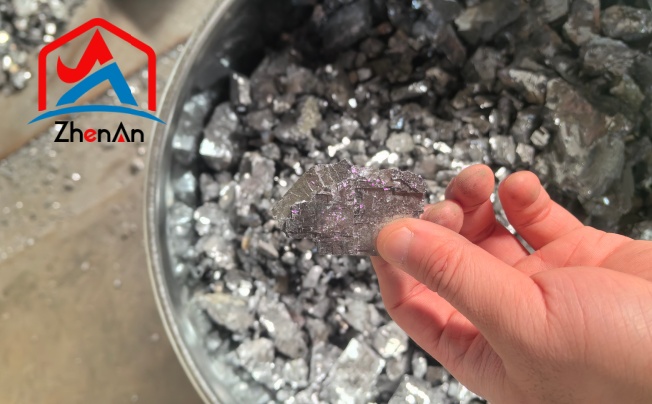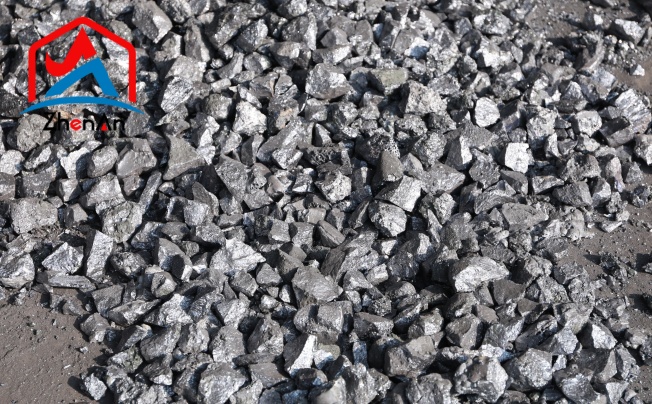Silicon in Technology
Silicon is a Key Component in Electronic Devices
Silicon, the second most abundant element on Earth, plays a pivotal role in the technological advancements that characterize our modern world. One of its primary applications is as a key component in electronic devices.
Silicon's unique properties make it an ideal semiconductor material for use in integrated circuits and microelectronics. Its crystalline structure allows for precise control over the flow of electricity, enabling the creation of intricate circuitry that powers everything from computers to smartphones.
Role of Silicon in Computer Chips and Processors
Computer chips and processors are at the heart of every computing device, driving their functionality and performance. Silicon's importance in this realm cannot be overstated. The semiconductor industry relies heavily on silicon wafers to manufacture these crucial components.
Through a complex process known as photolithography, intricate patterns are etched onto silicon wafers to create integrated circuits with millions of transistors packed into tiny spaces. This allows for faster processing speeds, increased memory capacity, and enhanced computing capabilities.
Use of Silicon in Solar Panels for Renewable Energy
The push towards sustainable energy sources has seen a surge in the use of silicon in solar panels for renewable energy generation. Photovoltaic cells within solar panels harness sunlight and convert it into electricity through the photovoltaic effect. These cells are typically made from silicon crystals that have been doped with other elements to create an electric field.
As sunlight strikes the panel, electrons are excited and flow through the circuit, producing clean, renewable energy. Silicon's abundance, efficiency, and reliability make it a cornerstone of solar technology's quest to reduce reliance on fossil fuels.
Silicon in Construction and Infrastructure
Utilization of Silicon in the Production of Glass and Ceramics
Silicon plays a pivotal role in the manufacturing of glass and ceramics due to its unique properties. In the production of glass, silicon dioxide is a primary component, providing strength and transparency to the material.
The addition of silicon to ceramic products enhances their durability and resistance to high temperatures, making them ideal for various construction applications. The presence of silicon in these materials ensures that they can withstand harsh environmental conditions and remain structurally sound over time.
Impact on Building Materials such as Concrete and Bricks
Silicon's influence on building materials like concrete and bricks is profound. In concrete, silicon contributes to its strength and durability by enhancing the binding properties of the cement paste. This results in structures that can bear heavy loads without crumbling or deteriorating quickly.
Bricks, when infused with silica or silicon-based additives, exhibit improved resistance to moisture penetration and thermal stress. Silicon's presence in these essential building materials ensures longevity and stability in construction projects.
Importance of Silicon Sealants for Waterproofing and Insulation
Silicon sealants have become indispensable in modern construction for their exceptional waterproofing and insulating properties. These sealants contain silicone polymers that create a flexible barrier when applied to joints or gaps in building structures. By preventing water infiltration, silicon sealants help protect buildings from moisture damage, mold growth, and structural decay.
Silicon in the Food Industry
Application of Silicon Dioxide as an Anti-Caking Agent or Food Additive
Silicon dioxide, commonly known as silica, serves a crucial role in the food industry as an anti-caking agent and food additive. Its natural properties make it ideal for preventing the formation of lumps in powdered substances like sugar or spices.
By adding a small amount of silicon dioxide to these products, manufacturers can ensure that they remain free-flowing and easy to use for consumers. This additive is recognized as safe by regulatory authorities worldwide and is extensively used in various food processing operations.
Impact on Processed Foods like Powdered Sugar or Spices
The presence of silicon dioxide in processed foods such as powdered sugar or spices has a significant impact on their quality and shelf life. Without the addition of this anti-caking agent, these products are prone to clumping due to moisture absorption or exposure to air.
Silicon dioxide acts as a desiccant, absorbing any excess moisture present and preventing agglomeration. As a result, consumers can enjoy fine-textured powdered sugar for baking or easily sprinkle spices without encountering clumps that affect flavor distribution.
Silicon's Role in Enhancing the Texture and Appearance of Certain Food Products
Beyond its function as an anti-caking agent, silicon plays a vital role in enhancing the texture and appearance of various food products. In baking, silicon molds are popular for their non-stick properties, allowing intricate cake designs to be easily released without sticking. Silicon-based additives can also improve the mouthfeel of certain processed foods by providing a smooth texture or creamy consistency.






